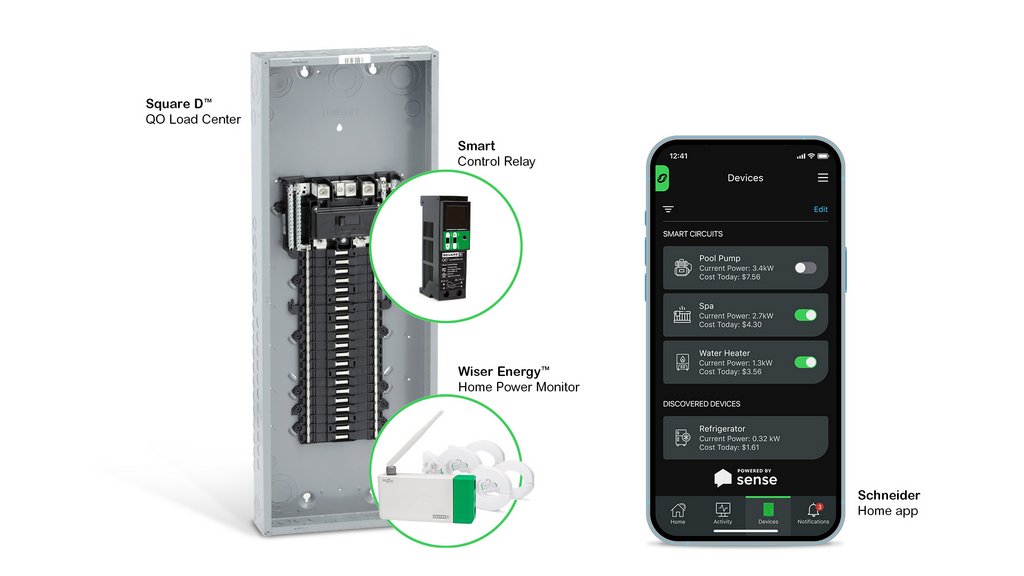Missoula earns Montana’s first “Charging Smart” designation for EV readiness
DOE-backed program recognizes city’s progress on streamlining permits, zoning, and community EV planning

Missoula has become the first city in Montana to earn a Charging Smart designation, receiving a Bronze level award for its efforts to expand electric vehicle (EV) infrastructure and remove barriers to charger deployment. The recognition, announced by the U.S. Department of Energy’s Vehicle Technologies Office, highlights the city’s work to standardize permitting, review zoning rules, collaborate with utilities, and adopt a formal Electric Vehicle Infrastructure Plan.
The plan, adopted this year, sets a foundation for future upgrades including fleet electrification, integration of charging infrastructure into land use regulations, and expanded public education about EVs. City officials say the roadmap positions Missoula to pursue Silver and Gold designations in the coming years.
“I’m excited to see Missoula taking meaningful steps toward the future of electric vehicle infrastructure,” said Mayor Andrea Davis. “This effort aligns perfectly with the adoption of our forward-looking land use plan and new zoning framework, ensuring we’re planning wisely for the road ahead.”
Charging Smart is a DOE-funded program led by the Interstate Renewable Energy Council (IREC) with partners including the Great Plains Institute, RMI, and Clean Cities coalitions nationwide. Communities can earn Bronze, Silver, or Gold recognition by improving local processes that support EV growth, such as permitting, zoning, and utility coordination.
Missoula’s designation builds on its previous work with SolSmart, a partner program that awarded the city Silver status in 2018 for advancing solar adoption. That earlier initiative streamlined solar permitting and clarified zoning rules, setting the stage for broader clean energy integration.
“The Charging Smart program is proud to award Missoula with this first-in-the-state recognition,” said Ed Gilliland, senior director at IREC. “The City’s work to update processes and reduce barriers to EV charging infrastructure lowers costs and improves access to the many benefits of transportation electrification.”
According to Devin Filicicchia, a transportation planner with the city, the new Electric Vehicle Infrastructure Plan “guides thoughtful, innovative decisions to ensure EV charging serves our community and visitors, while also providing some background on EVs and charging infrastructure.”





Comments are closed here.